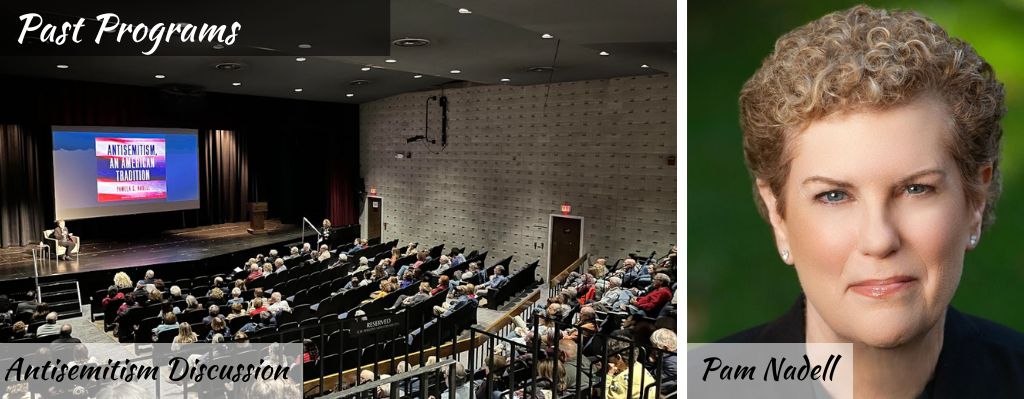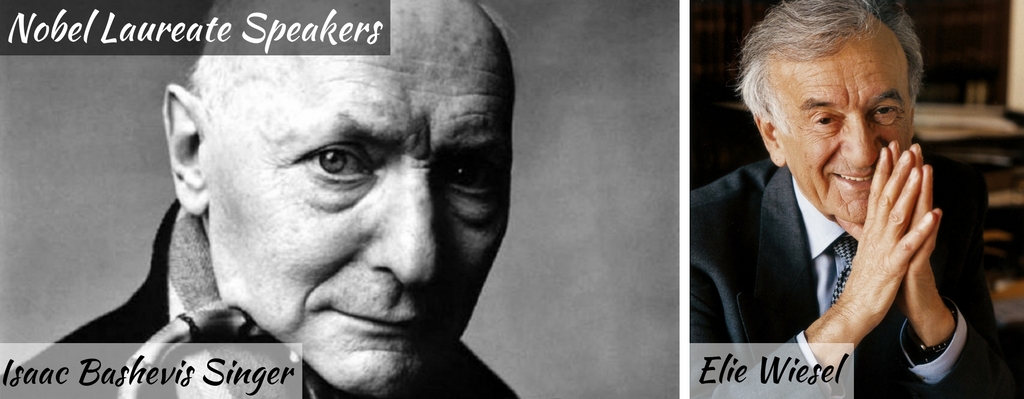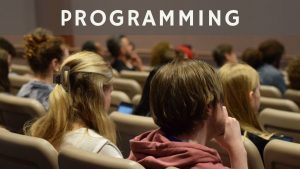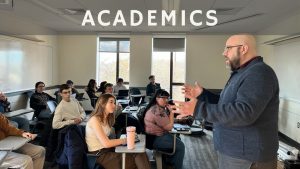Enrichment through the sponsorship of several programming initiatives is the goal of the Center for Judaic Studies and Contemporary Jewish Life. View our event calendar, and stay up-to-date on all of our programming. Learn about the many lecture series and cultural events we have to offer on a wide range of topics! Our events are always free and open to the public. View full event listings.
Expand your knowledge in the literatures and cultures of the Jewish people by taking a few courses, or become an expert in the field by pursuing the Bachelor of Arts, Master of Arts, or Doctorate in Judaic Studies at UConn. Discover opportunities in study abroad, funding, and other available resources. Learn about our faculty and alumni. Find out what Hebrew and Judaic Studies has to offer you! Visit our student section.
Students may spend a semester or academic year at Hebrew University in Jerusalem., Tel Aviv, Haifa, or Ben Gurion Universities. The Center for Judaic Studies supports special programs such as archaelogical excavations and internships in Israel for which credit may be applied to the major and minor in Judaic Studies. Students participating in our study abroad programs may apply to the Center for funding to help offset tuition and other costs. Visit our study abroad section.
Upcoming Events

999: The Forgotten Girls
12 November 2025 / 4:30-6:15 pm
A film screening of 999: The Forgotten Girls and post-show conversation with writer/director Heather Dune Macadam and Heather Elliott-Famularo, head of UConn's Digital Media & Design program. A reception will follow the event.
This program will be held in the Konover Auditorum at the Dodd Center for Human Rights.
This event is co-sponsored by Center for Judaic Studies and Contemporary Jewish Life and the Human Rights Film & Digital Media Initiative, a collaborative between the Department of Digital Media & Design and the Dodd Human Rights Impact Programs at the Gladstein Family Human Rights Institute, and Women’s, Gender, and Sexuality Studies, with support from The Sheppard Fund for Holocaust Education.

Yiddish Tish
20 November 2025 / 12:00 pm
The Yiddish Tish online luncheon discussion group is a small gathering of those interested in Yiddish from campus and the wider community. We meet monthly, read together short stories in Yiddish and translate them into English. More info...

Illuminating Hanukkah: Lights, Latkes, and Cultural Identity in Holiday Movies
2 December 2025 / 4:45 p.m.
‘Tis the season for hot cocoa and curling up in front of the TV for a good holiday movie. Despite the plethora of Christmas-themed movies, this talk, led by Dr. Amy Weiss, Assist. Prof. of Judaic Studies and History and Chair of Maurice Greenberg Center for Judaic Studies at University of Hartford, instead focuses on the evolution of Hanukkah movies on TV and streaming platforms over the last ten years.
Co-Sponsored by:
UConn Center for Judaic Studies and Contemporary Jewish Life, University of Hartford Maurice Greenberg Center for Judaic Studies and UConn Digital Media & Design.

Looking for stimulating & globally relevant classes?
UConn's Hebrew and Judaic Studies program is intended to introduce students to the culture and civilization of the Jewish people. Courses cover various aspects of the history and literature of the Jews from biblical times to the present. Students who would like to learn more about ancient and modern Israel, the experience of Jews among Christians or Muslims, or Jewish life in contemporary America will find many courses of interest among our offerings. Check out our course offerings for Spring 2026.







